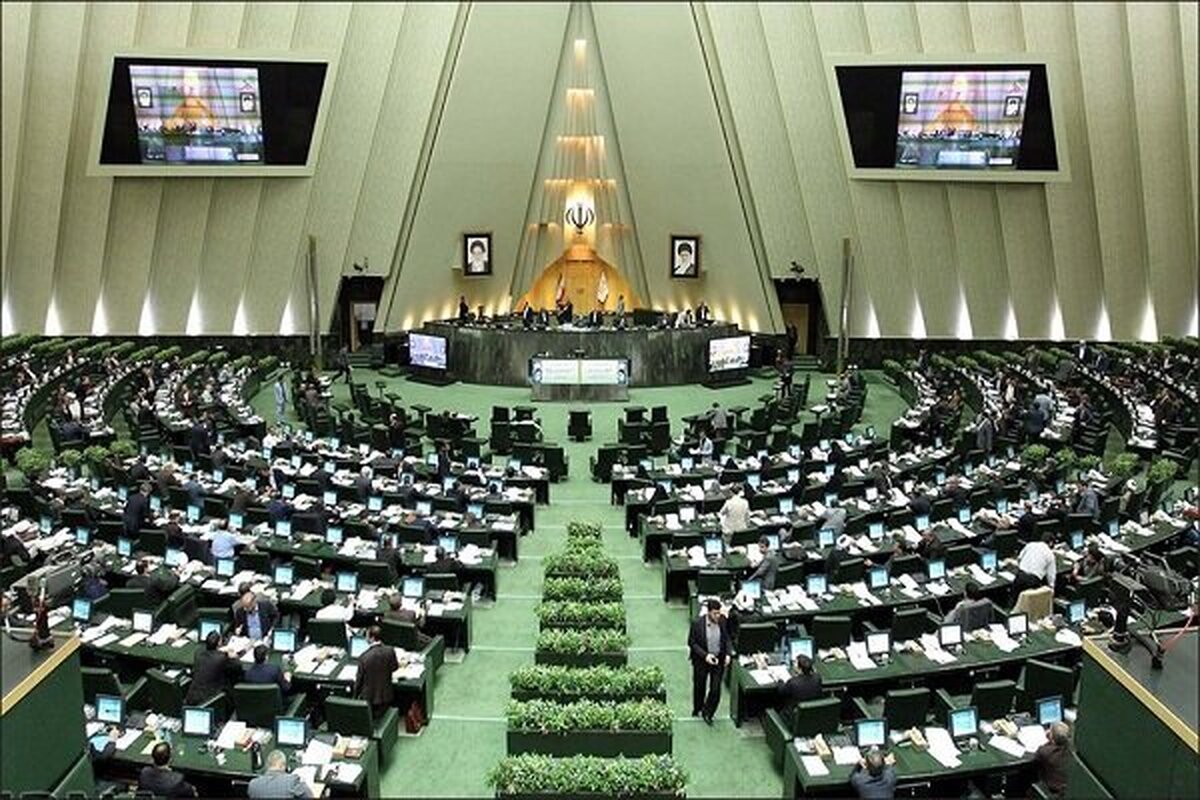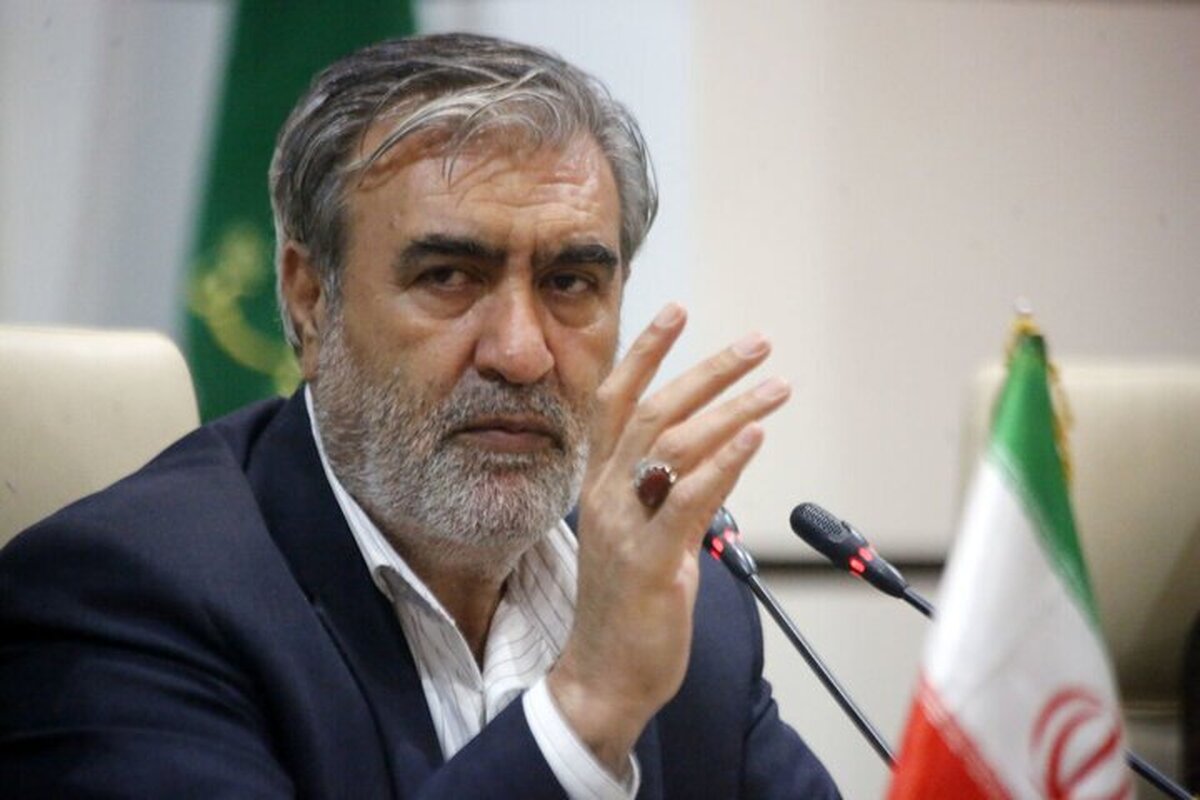
Recent Tax Measures Approved by MPs Under Scrutiny
EghtesadOnline: Finding new tax bases is one of the parliament’s key tools to tackle budget deficit in the next fiscal year (starting March 21).
Taxing cars worth more than 10 billion rials ($39,323), houses worth more than 100 billion rials ($393,236), tax on the income of influencers in social media with more than 500,000 followers, and celebrities who earn upwards of 2,000 million rials ($7,864) annually are the latest decisions made by lawmakers regarding taxation.
However, the members of the parliament caught a lot of flak for another decision: they granted tax exemption to academics (university teachers) and judges as per the budget bill for fiscal 2021-22.
After coming under heavy criticism, Parliament Speaker Mohammad Baqer Qalibaf said on Monday that academics and judges would be subject to a 10% income tax. This statement suggests they will pay the fixed rate of 10% in income tax if they earn between 40 million rials ($157) and 320 million rials ($1,258) per month.
According to an earlier decision by the Joint Commission—a parliamentary body responsible for reviewing the budget bill as well as the five-year economic development plans—a step-wise approach must be applied for calculation of next year’s income tax. In doing so, salaries below 40 million rials are exempt from tax, incomes between 40 million rials and 320 million rials will be taxed at different rates of up to 30% and those earning over 320 million will be subject to a 35% income tax rate. In other words, academics and judges are only subject to the same fixed 10% income tax whether they earn 40 million rials or 320 million rials, Persian-language Etemad reported.
There is this belief that increasing income tax would threaten judicial independence of judges. However, granting tax exemption to university professors, whose children, according to the law, already have the special privilege of being selected favorably when it comes to university admission, is deemed unjust and discriminatory.
Tax deductions for academics would only serve to further divide the society economically in the time of coronavirus and sanctions given the fact that they mostly fall into the high-income deciles of the country, the report read.
“I am an academic myself but am also against these unjustifiable measures,” said Mohammad Tabibian, an Iranian economist who served under the administration of Ali Akbar Hashemi Rafsanjani as deputy head of the Plan and Budget Organization. “Firstly, tax needs to be set according to specific bases and must be imposed equitably in respect of personal wealth. Secondly, there should not be double taxation. The government, itself, created inflation and inflation tax. The prices of some properties went up due to inflation and now they seek to levy tax on price rises again. Thirdly, there is a logical reason behind the imposition of capital gains tax in some countries. Their governments pave the way for creation of added value and wealth, a fraction of that added value is charged as tax to help maintain the progress of the society and creation of wealth. What is the reason behind taxation in our country? In the event of inflation, the country is far from creation of added value and wealth,” he wrote in his Telegram Channel.
Politically-Motivated Measure
Qodratollah Emamverdi, another university professor, believes that, “Offering tax exemption to academics and judges is a politically-motivated measure in order to win these two strata of society over and bring them on board with the political direction of the parliament.”
Davoud Souri, an economist says the parliament should not offer tax break for a special group. “If they favor a special group they can raise their income but have no right to entitle them to tax credit. The Majlis has approved taxing people’s cars and homes despite the inflation. Meanwhile they have exempted a special group from paying tax; a move unheard of in the world.”
Meanwhile, as per the budget of fiscal 2021-22, income of artists and publishers will be taxed if it exceeds two billion rials ($8,000) annually, otaghiranonline.ir reported.
Parliamentarians’ Tuesday decision came as individuals engaged in all activities associated with publication (including publication of student supplementary books), press, culture and arts have enjoyed full tax exemption since 2003.
In another recent move, members of the Iranian parliament have voted for taxes to be levied on homes priced above set rates in the upcoming fiscal year, which is to begin on March 21.
The set rates are as follows:
- Homes valued at between 100-150 billion rials ($400,000-$600,000) will have to pay 0.1% in tax
- Homes valued at between 150-250 billion rials ($600,000-$1 million) will have to pay 0.2% in tax
- Homes valued at between 250-400 billion rials ($1 million-$1.6 million) will have to pay 0.3% in tax
- Homes valued at between 400-600 billion rials ($1.6 million-$2.4 million) will have to pay 0.4% in tax
- Homes valued at above 600 billion rials ($2.4 million) will have to pay 0.5% in tax
The MPs tasked the Iranian National Tax Administration to assess the value of homes by the end of the third month of the upcoming Iranian year (June 21, 2021) and communicate the corresponding taxes to their owners, who in turn will have to pay their dues by the 11th month of the year (February 19, 2022).
Under-construction will be exempt from the so-called tax on “luxury homes”.
$5.2b in Tax Revenues in 8 Months
Latest available data show the government earned upward of 1,314 trillion rials ($5.2 billion) in tax revenues in the eight months to Nov. 20, which accounts for 64% of the sum predicted in the budget for the period.
The government’s tax revenues consist of its returns from tax on legal entities, income tax, wealth tax, tax on imports and tax on goods and services.
Earnings from taxing companies and legal entities stood at 347.53 trillion rials ($1.3 billion); the figure accounts for 78% of the sum projected in the budget for the period under review.
The Iranian National Tax Administration earned 257.75 trillion rials ($1 billion) from taxing civil servants and workers (income tax), which is 74% of budget’s projected figure.
Wealth tax revenues stood at 157.68 trillion rials ($630 million) over the period, indicating 186% realization rate. Wealth tax recorded the highest growth over the period thanks to tax on stock trades.
Tax on imports earned the government 95 trillion rials ($380 million). The earnings from tax on imports are 39% of the projected budgetary requirements. The small realization rates is due to the decline in imports over the period.
And finally, tax on goods and services which also includes value added tax earnings hovered around 455.96 trillion rials ($1.8 billion), indicating 49% of the projected figure in the eight-month budget.



